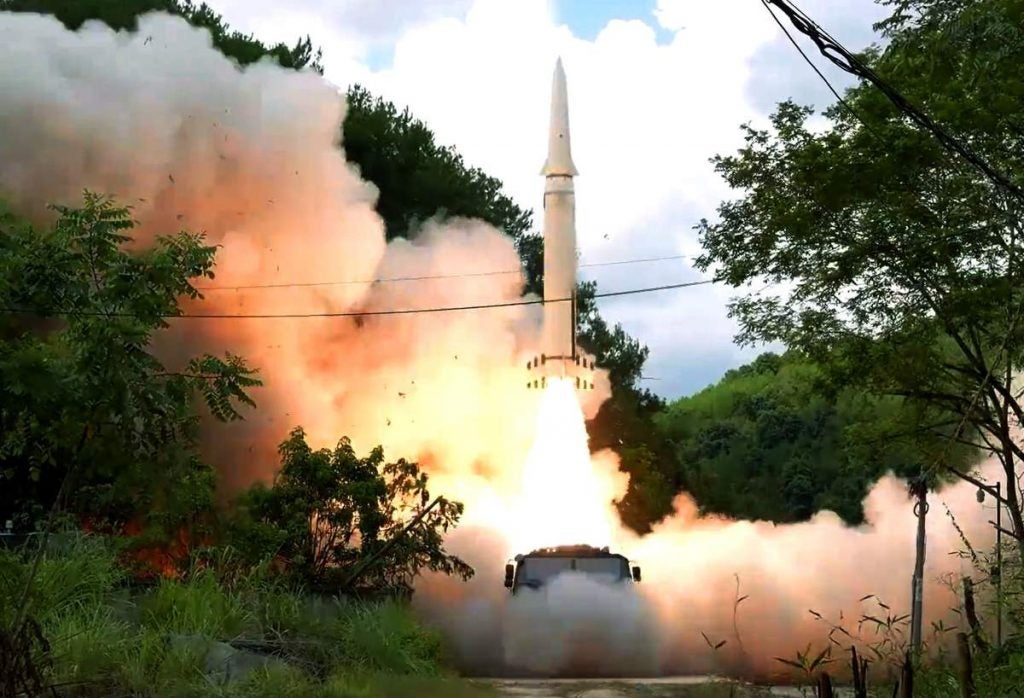Report: Chinese Ambassador To Japan Rejected Summoning After August Ballistic Missile Drills
A report in a Japanese newspaper claims that China’s ambassador to Japan had rejected a summoning from Japan’s foreign ministry in early August, after five ballistic missiles launched during a Chinese drill landed in Japan’s Exclusive Economic Zone after overflying Taiwan.
According to the report in the Fuji Evening Edition, Japan’s Vice Minister for Foreign Affairs Takeo Mori issued a diplomatic protest to Chinese Ambassador Kong Xuanyou by phone after the incident, calling for an immediate halt to the Chinese exercises around Taiwan going on at the time. The report quotes Mori as having told another Japanese official that the phone call was made after the ambassador did not respond to a summoning by the Ministry of Foreign Affairs for an in-person meeting.
The incident was the first time Chinese ballistic missiles had flown over Taiwan and the first time they had landed in Japan’s exclusive economic zone. The report further quotes unnamed Taiwanese military officials that there was a “high possibility” that the missiles were practicing a strike scenario on a Japanese Air Self-Defense Force mobile radar installation on Yonaguni Island, with one of the missiles landing as close as 80 kilometers northwest of the island.
In an appearance on Chinese state television following the drills, Major General Meng Xiangqing, a professor at the People’s Liberation Army National Defence University, claimed that the missiles that landed in the Japanese EEZ were part of a drill scenario targeting American military facilities in Japan and Okinawa, as they were “close” to what their intended targets would be in a real conflict.
Meng claimed that the missile drills in question were intended as signaling to “outside forces” to not intervene in the event of a Taiwan Strait contingency. Sources that subsequently spoke to Kyodo News about the planning of the drills concurred, claiming that Chinese President Xi Jinping had personally approved the drill scenario that resulted in the missiles landing in Japan’s EEZ, specifically as an attempt to deter Japan.
After Tokyo filed a diplomatic note protesting the missile drills and joined a G7 open letter condemning them, Beijing instead summoned Japan’s ambassador to China, with a Chinese foreign ministry readout of the meeting demanding Japan be “more cautious” with its statements due to “historic guilt”.

